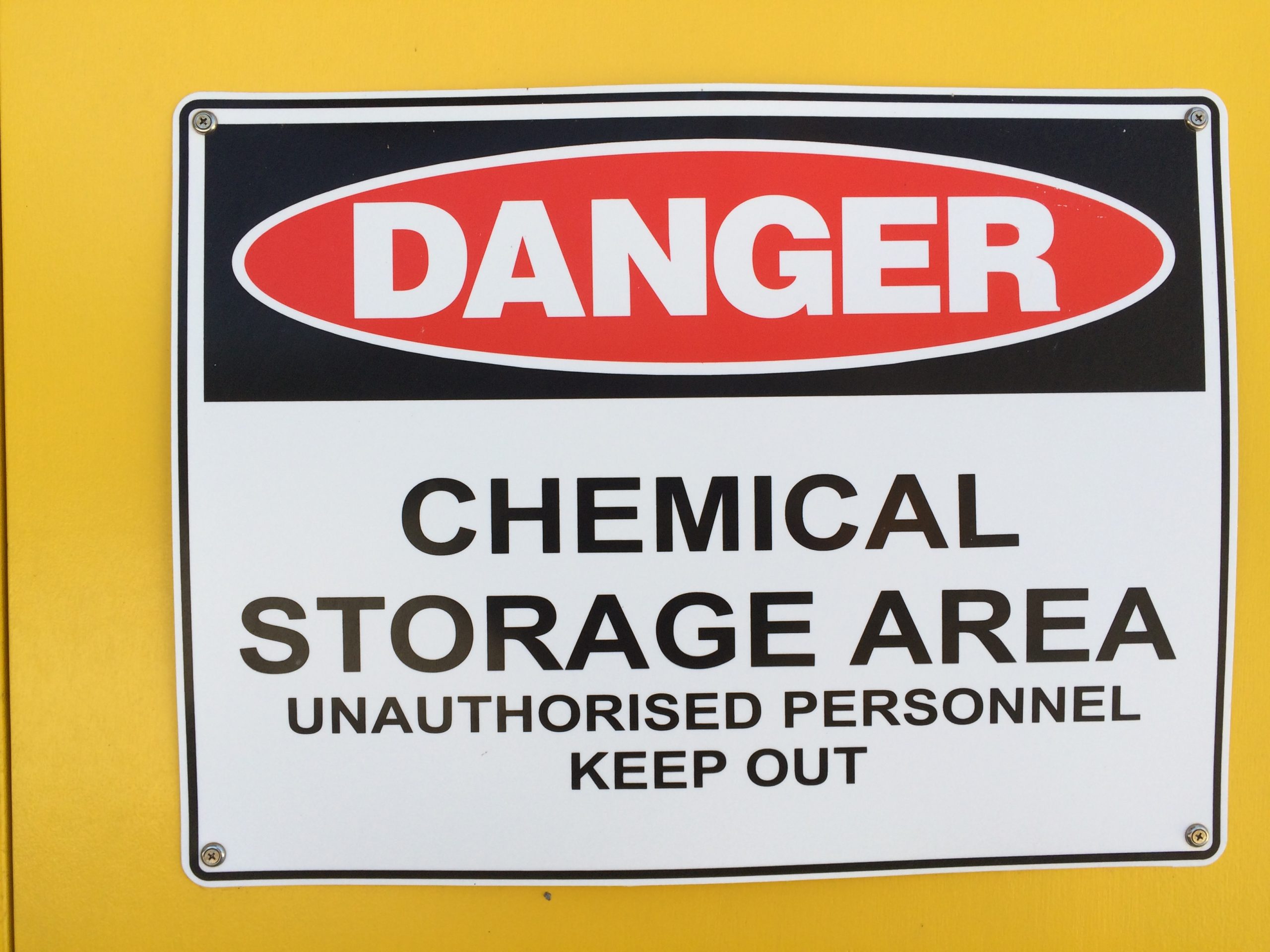Power Plant Chemical Engineering Pty Ltd
Chemical engineering services for power
37 Years Of Power Generation Experience
You have to earn experience, there are no short cuts to time on-the-job.
Over your career you need to take every opportunity to learn from those around you in all technical areas, not just chemical. Knowledge as a power plant engineer is just as important as your particular engineering discipline.
Turbines, boilers, demin, polishers, RO, MF, ion exchange, pumps, valves, dampers, control systems, ash & dust, commissioning, checksheets, jobsheets, data collection & trends, contracts, outages, start-ups, shutdowns, layup, risk assessments, asset management, legionella control, corrosion, materials selection, safety incidents, plant failures, legislation, personal safety & process safety, business cases & budgets.
As a power plant chemical engineer, you need to be across all of these technologies, operational processes, and business areas, and you need to understand how they interrelate.
There’s a wide range of roles at a power plant – managers, engineers, chemists, maintainers, technicians, operators, safety officers, contractors, consultants, accountants, technical experts, & regulators.
As a chemical engineer, you need effective two-way communication with this wide range of power plant personnel and the ability to talk in their language, ensuring the importance of power plant chemistry is understood by non-chemical personnel, and critically, the risks of getting it wrong.
The power industry has continued to change, from the heady 1980’s when multiple units were being built and commissioned, through to today’s rapidly changing electricity market and flexible generation operations.
We’ve been through those changes and continue to look ahead.
Power Plant Chemical Engineering can share this experience with you.
Typical areas where chemical engineering support can add value and reduce risks

Corrosion problems are not welcome at any power plant. Are you sure its not happening at your site? Have you looked in the right places? What is your analysis telling you? How confident are you that the risks for issues listed below are under control?
- Flow accelerated corrosion (FAC).
- Corrosion fatigue.
- Standby corrosion & pitting.
- Corrosion product transportation.
- Stress corrosion cracking (SCC).
- Hydrogen damage.
- Damage due to flexible operations.

Is your plant performance optimised to minimise asset damage from chemically induced failures? How often are you outside normal operating limits? Are you proactively managing your cycle chemistry or just reacting to issues or looking when boiler recertification comes around?
- Do you know how good your plant is performing?
- Is performance better or worse than last month/year, or compared to another plant, or has a process or operational change made any difference?
- Have you got the right monitoring equipment?
- Is everyone on the same page with chemical performance – piping, boiler & turbine engineers, operations, metallurgists & chemists?

Are you compliant with your state-based Work Health & Safety regulations for the storage of bulk hazardous chemicals on site? Would you be confident in passing a site audit?
- Is your manifest up to date?
- Is signage correct?
- Storage area risk assessments complete?
- Have the maintenance routines been undertaken?
- Emergency response scenarios up to date?
- SDS’s current & accessible?
